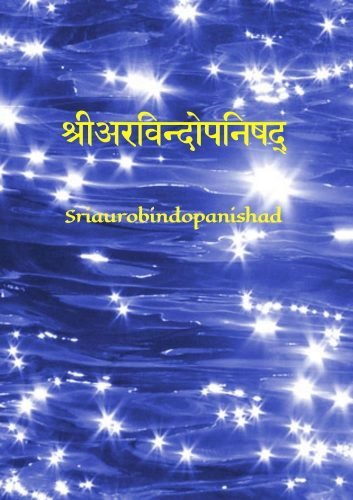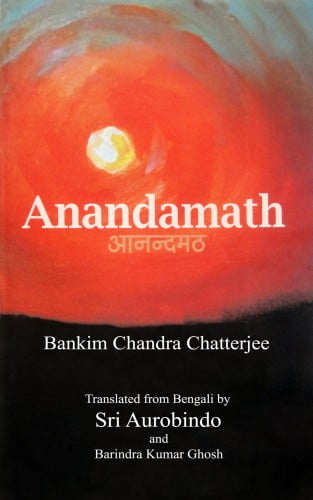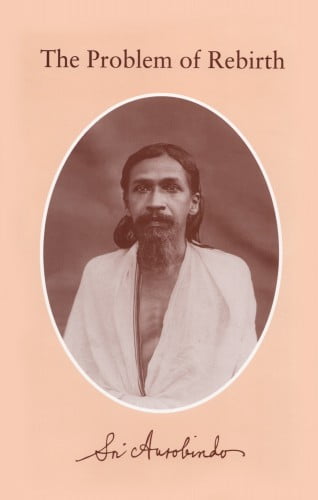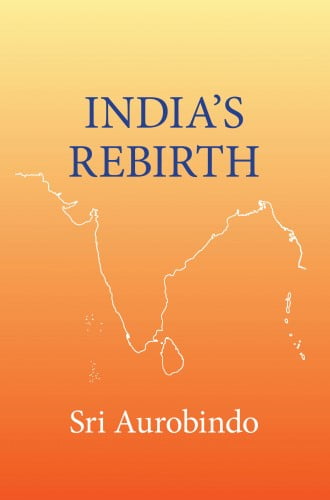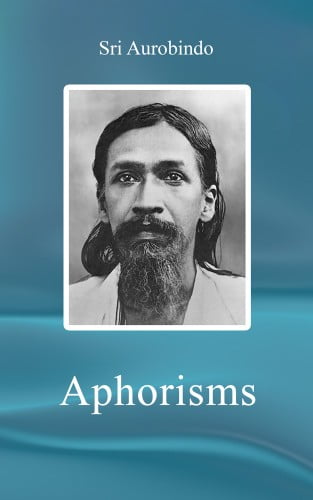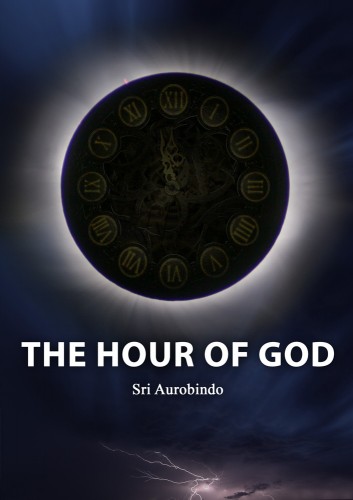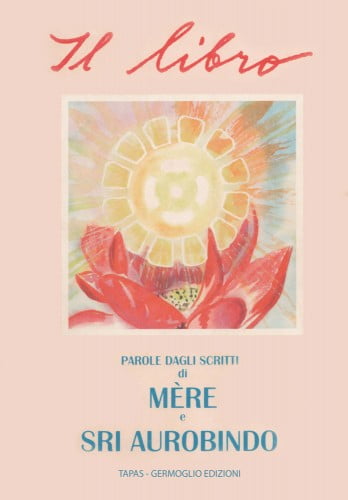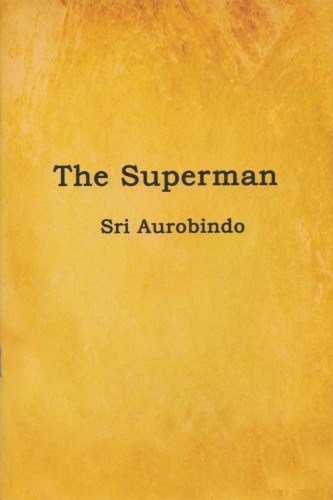The Secret of the Veda
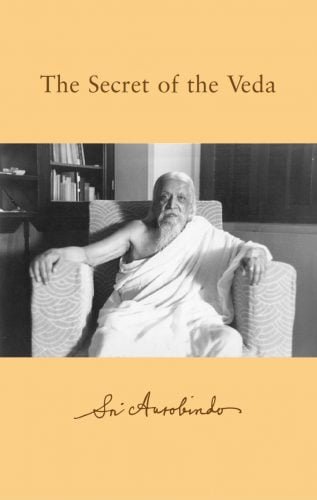
The Secret of the Veda
with Selected Hymns
Essays on the Rig Veda and its mystic symbolism, with translations of selected hymns. These writings on and translations of the Rig Veda were published in the monthly review Arya between 1914 and 1920. Most of them appeared there under three headings: The Secret of the Veda, “Selected Hymns” and “Hymns of the Atris”. Other translations that did not appear under any of these headings make up the final part of the volume.
In August 1914, Sri Aurobindo began to publish The Secret of the Veda in the first issue of the philosophical review Arya. This series was accompanied by a related one, Selected Hymns. Selected Hymns was followed a year later by Hymns of the Atris. These works, written and published in monthly instalments between 1914 and 1917, form Parts One to Three of the present volume.
Besides Selected Hymns and Hymns of the Atris, other Vedic translations appeared in the Arya at various times between 1915 and 1920. They were usually introduced when a page or two had to be filled at the end of a 64-page issue. These translations have been placed in the order of their original publication in Part Four, “Other Hymns”.

